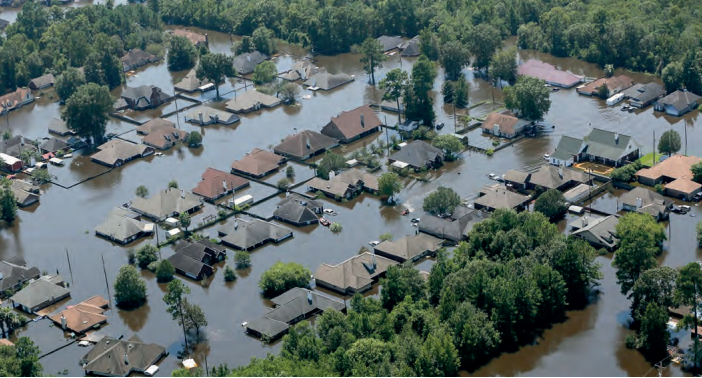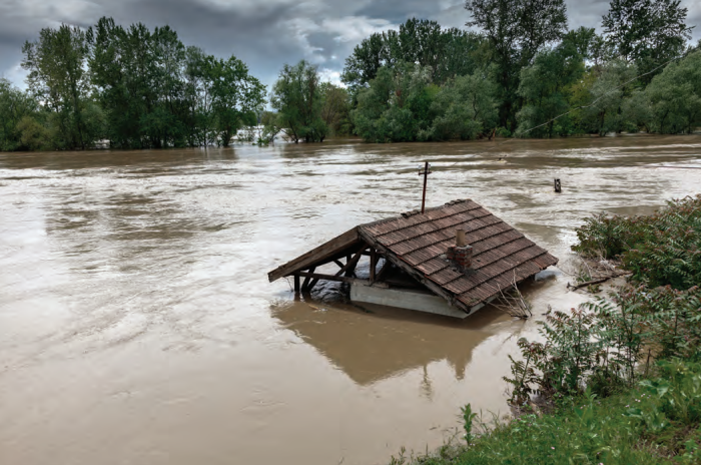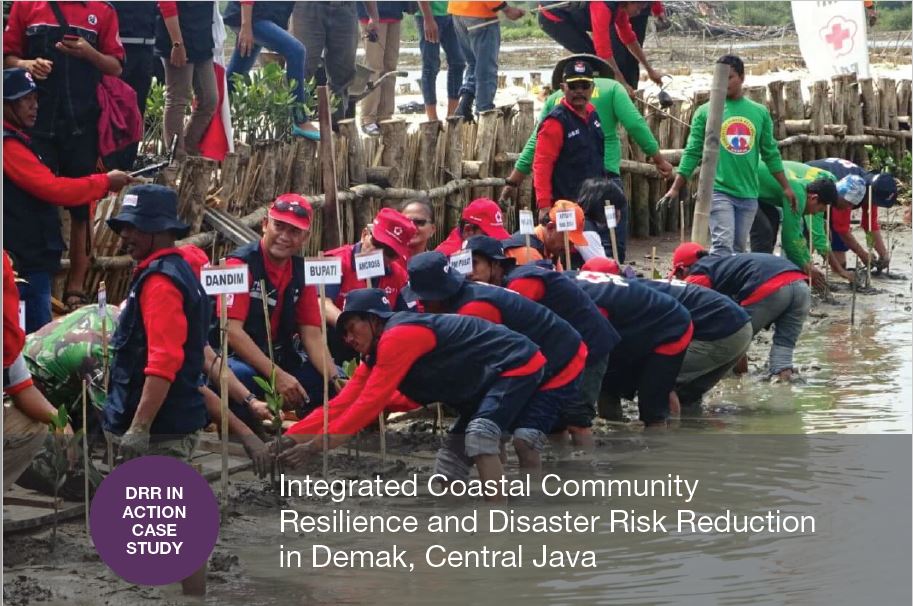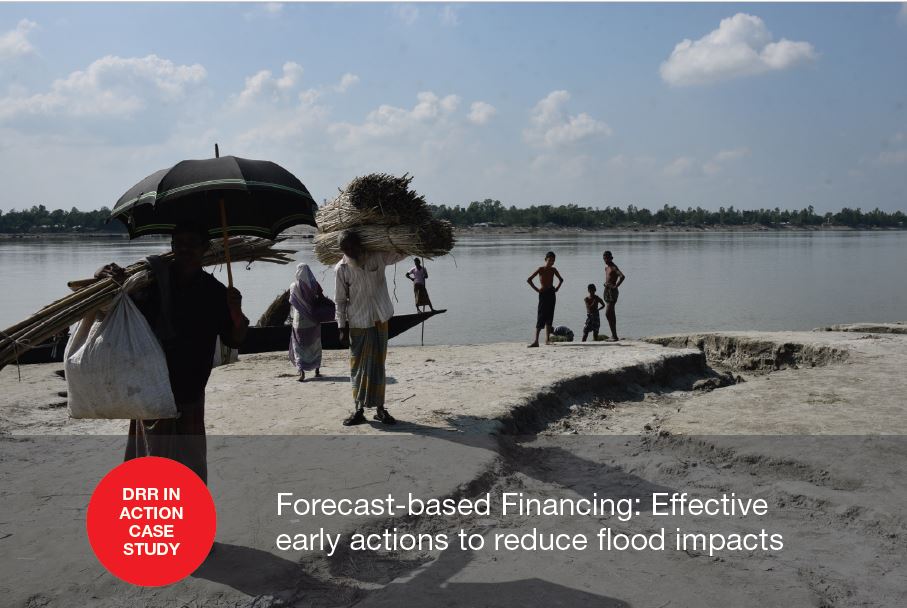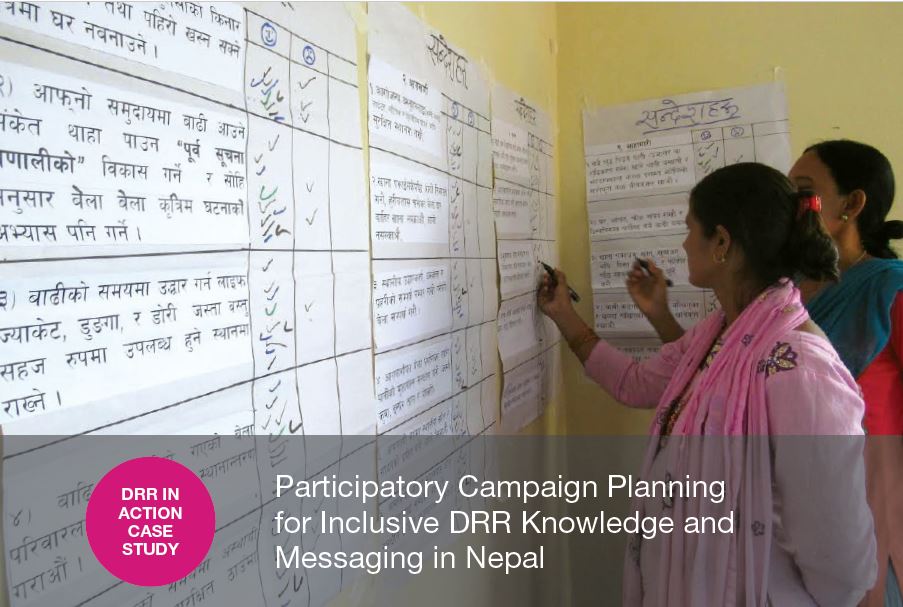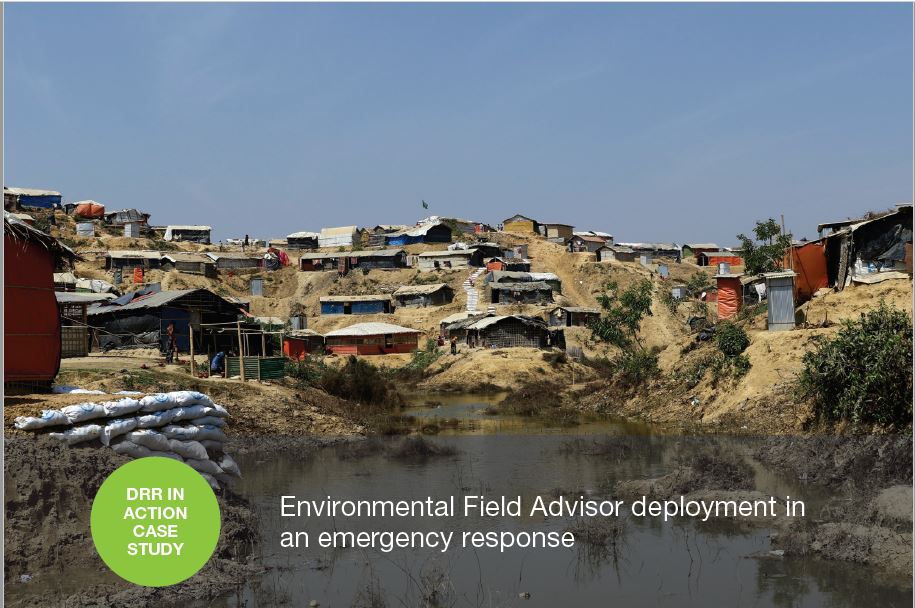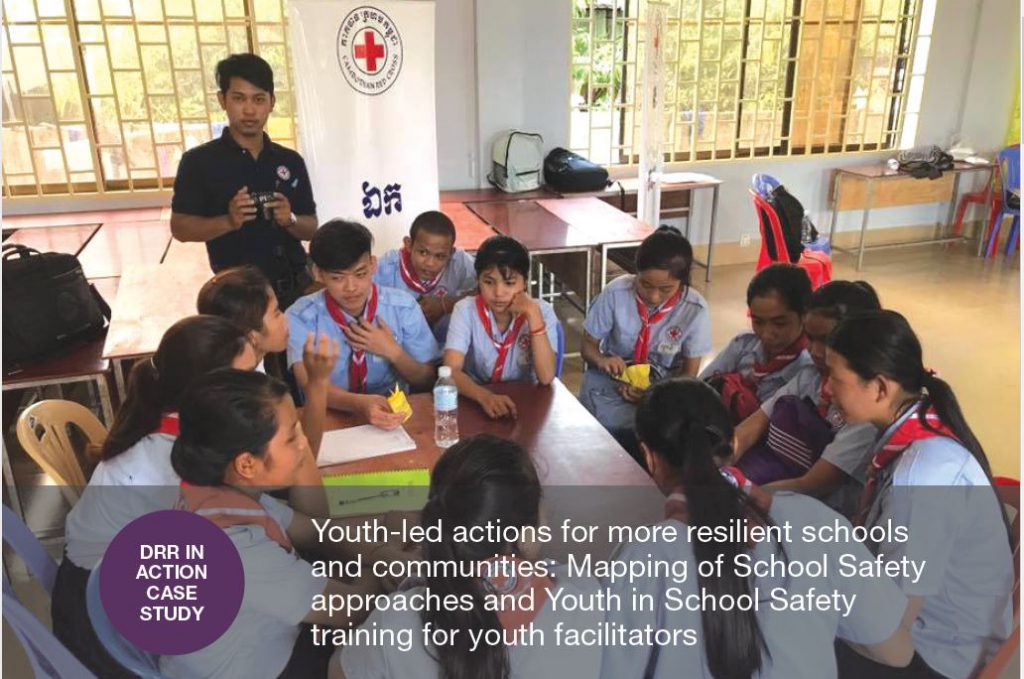Why Small Businesses Should Invest in Preparedness
Disasters can have profound impacts on businesses. 40% to 60% of small businesses fail to reopen after a disaster. For many businesses, potential impacts from disasters include direct physical impacts from extreme events as well as more indirect impacts such as staffing issues, supply chain disruptions, and reduced foot traffic resulting from damage to the […]
Why Small Businesses Should Invest in Preparedness Read More »

